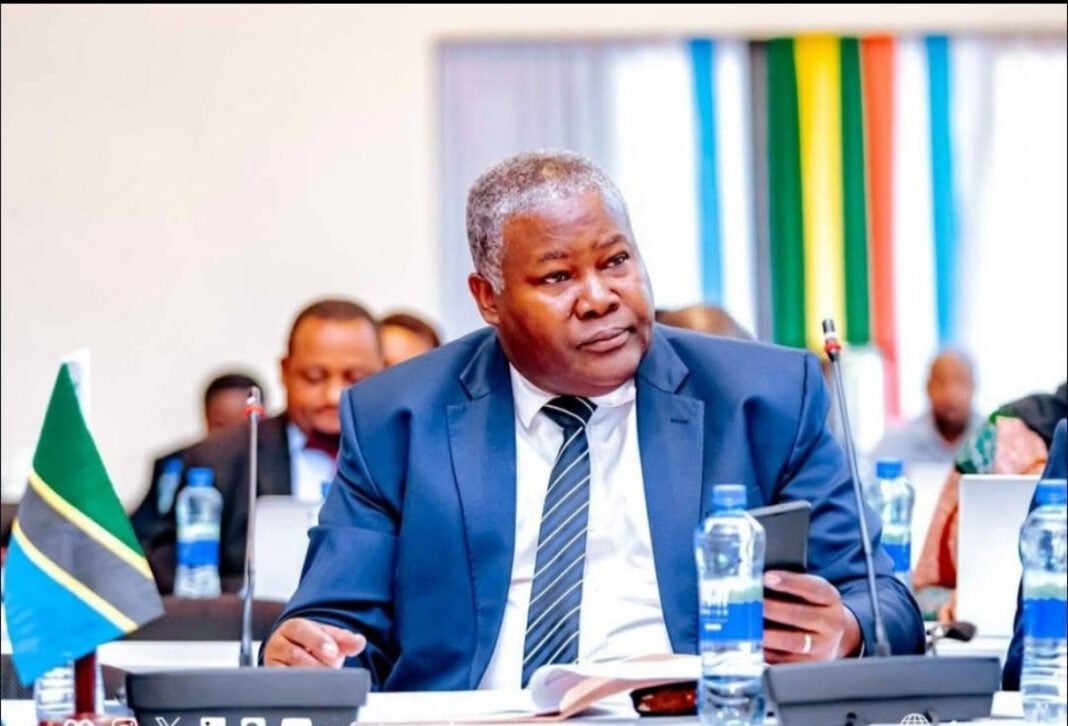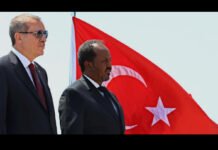By Horn Africa News
ARUSHA – His Excellency Ambassador Stephen Mbundi, Secretary-General of the Ministry of Foreign Affairs and East African Cooperation, has led Tanzania’s delegation at the preparatory session for upcoming high-level meetings of the East African Community (EAC).

The session, held in Arusha, laid the groundwork for the 58th Meeting of the EAC Council of Ministers—the regional bloc’s top policy-making organ. It was also part of the Sectoral Council of Ministers responsible for EAC Affairs and Planning, where member states align priorities and review progress on integration initiatives.
Senior officials from all eight EAC member states—Burundi, Kenya, Rwanda, Somalia, South Sudan, Uganda, the Democratic Republic of Congo (DRC), and Tanzania—attended. The presence of the Federal Republic of Somalia, the bloc’s newest member, highlighted the EAC’s growing reach across the Horn of Africa.
Speaking at the session, Ambassador Mbundi underscored Tanzania’s commitment to strengthening regional cooperation and ensuring that the EAC continues to serve as a driver of economic growth, peace, and stability. He emphasized the need for coordinated planning to address cross-border challenges, including trade facilitation, infrastructure development, and security cooperation.
The preparatory meeting reviewed key agenda items expected to dominate the upcoming Council of Ministers gathering. These included discussions on regional integration, implementation of the EAC Common Market Protocol, harmonization of policies, and strategies for resource mobilization to fund EAC projects.
The Council of Ministers, which is scheduled to meet later this month, plays a crucial role in shaping the bloc’s future direction. Decisions taken in Arusha are expected to have a direct impact on trade, investment, and movement of people within the region.
Analysts note that Tanzania’s leadership at the meeting demonstrates the country’s pivotal role in the EAC, given its geographical position at the heart of the community and its long-standing commitment to regional unity.
The EAC, established in 2000, has expanded steadily to include eight member states, representing more than 300 million people. Its vision is to create a prosperous, competitive, and politically united East Africa.





